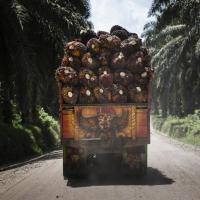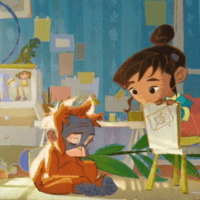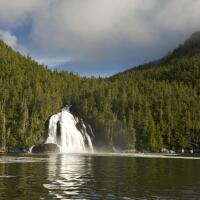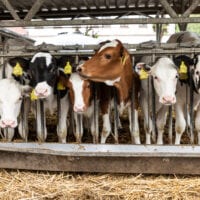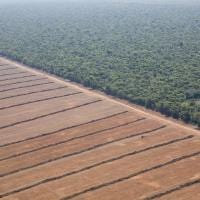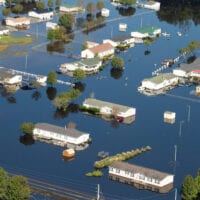Palm oil is amazingly versatile, which is why it’s become so popular. It’s an ingredient in food like biscuits and chocolate, as well as shampoo and toothpaste. To meet this demand, a huge industry has developed. Oil palms are grown in many tropical countries, although Indonesia is the largest producer in the world.
But this has all come at an enormous cost. Indonesia’s forests have been bulldozed, replaced with hectares upon hectares of plantations. Palm oil companies are encroaching on local communities and there are reports of violence and people being forced from their land. Meanwhile, orangutans and other species are being pushed to the edge of extinction.
The destruction of Indonesia’s forests is also a global problem. Deforestation is a major contributor to climate change thanks to a double whammy effect. Clearing forests produces greenhouse gas emissions and, with fewer trees, less carbon dioxide is removed from the atmosphere.
Palm oil and peat
On top of this, large areas of Indonesia’s forest grow in deep, swampy peat which stores huge quantities of carbon. Oil palm plantations need dry land, so palm oil companies drain the peat, making it very flammable. Fires can rage out of control, releasing yet more carbon dioxide. Indonesia is the third greatest emitter of greenhouse gases in the world, largely because of deforestation. Whenever fires break out, thick clouds of smoke blanket Indonesia and other countries, choking people and causing major health problems.

